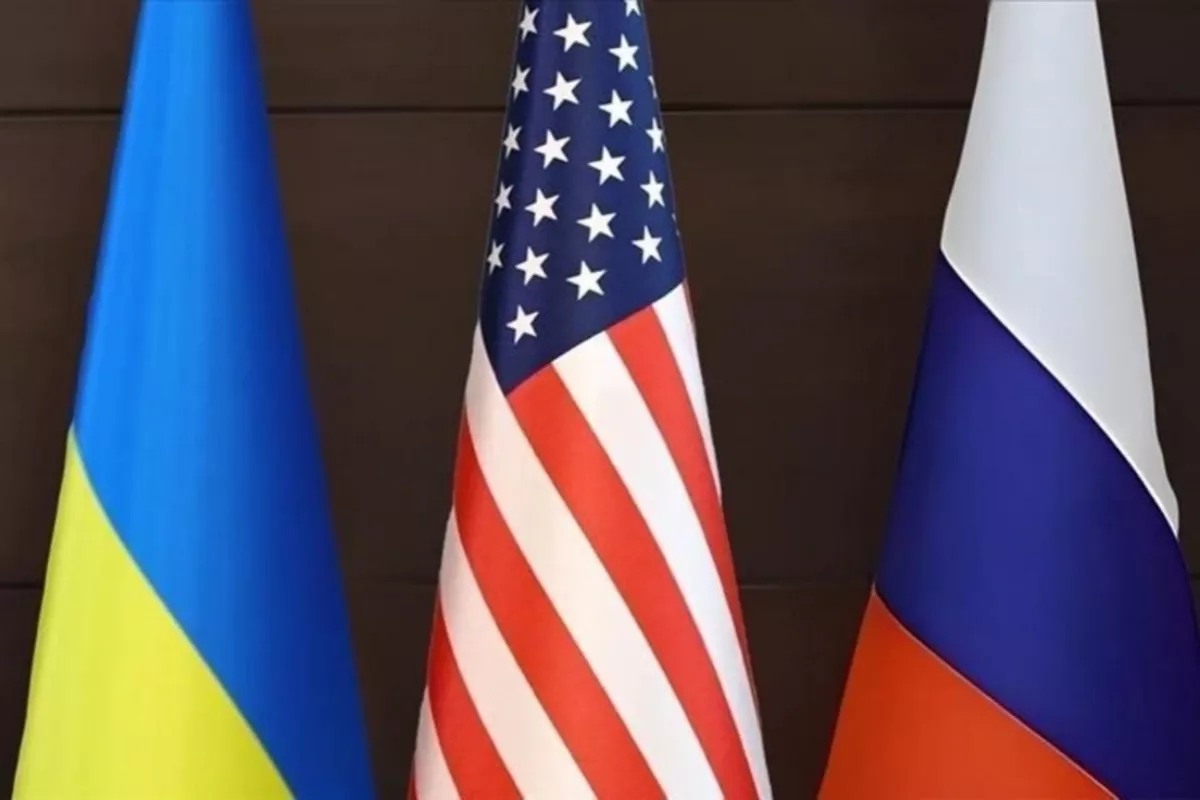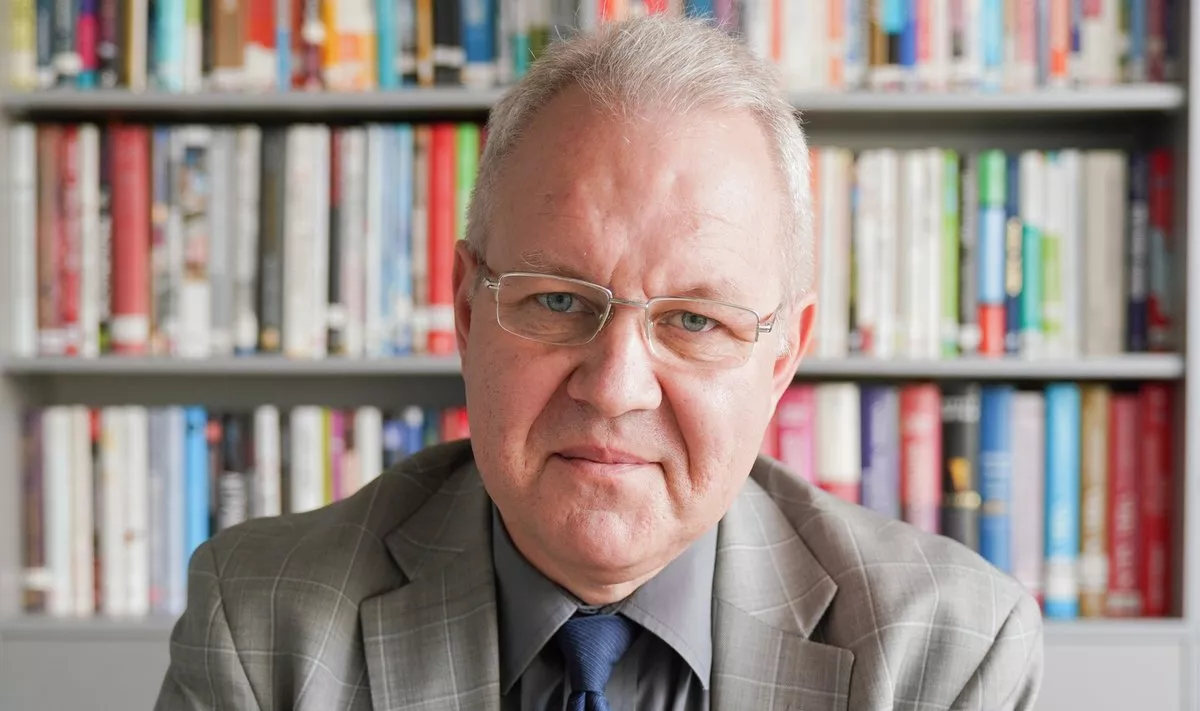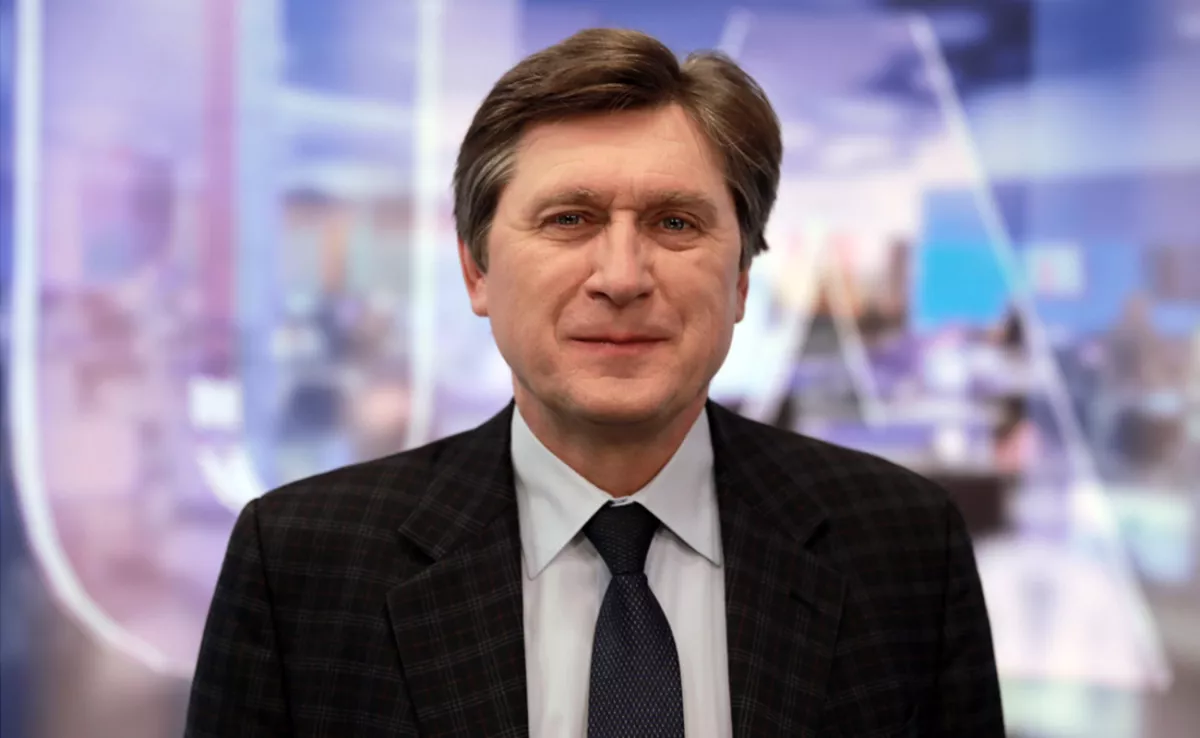28 points and the Ukrainian dilemma Experts weigh in on Washington’s peace plan
Arguably, the main topic on the international agenda this past week has been the so-called U.S. peace plan for resolving the Russian-Ukrainian war.

The 28 points of this plan have already been published — a document that, according to Ukrainian and Western media, is being discussed with the United States under heightened secrecy.
The 28-point plan, developed by representatives of the American and Russian administrations, stipulates that Ukraine must give up significant territories, including lands currently controlled by Kyiv.
The document also includes other major concessions to Moscow, in particular prohibiting any possible future NATO membership for Ukraine.
Ukrainian President Volodymyr Zelenskyy may hold a phone conversation with his American counterpart, Donald Trump, next week regarding the “peace plan” for resolving the Russian-Ukrainian war.
Sky News, citing sources in the EU, reports that the idea of negotiations emerged after Zelenskyy expressed his willingness to discuss the draft plan with Trump.
It is reported that, before this, the Ukrainian leader will consult with the leaders of the United Kingdom, France, Italy, and Germany.
Meanwhile, according to the Financial Times, the U.S. expects Zelenskyy to sign the agreement by November 27. The document would then be handed over to the Russian side, with the entire process expected to be completed by early December.
Could the parties agree to accept and sign this document? Will they do so, considering that the plan could at least stop the daily flow of deaths by establishing a ceasefire?
Well-known international experts have agreed to answer these questions at the request of Caliber.Az.

Russian political analyst and sociologist, head of the Centre for Research on Post-Industrial Societies Vladislav Inozemtsev believes that the prospects for signing such an agreement are quite high today.
“Because the issue is no longer just about stopping attacks and ending the loss of life. It’s also about President Zelenskyy’s personal interests — amid scandal, at a time when the United States has apparently threatened him with prosecution over corruption schemes, and as he loses support among members of his own parliamentary faction. Overall, against the backdrop of this domestic political situation in Ukraine, and naturally, the rather difficult situation at the front, I think Zelenskyy will become much more conciliatory. And it is quite possible that, with minor adjustments, he will sign this agreement,” the expert suggests.
As for what will happen next, this is, of course, a major problem, he says, because, in his view, such an agreement would have catastrophic consequences for Ukraine.
“If peace is concluded, all aid programmes, including economic assistance, will almost certainly be seriously revised. I certainly do not think that Ukraine will be able to integrate successfully into Europe or experience any significant economic growth. Most likely, it will be a very difficult period for Ukrainian statehood if these conditions are actually accepted. But the likelihood — I repeat — of their acceptance today is higher than ever before. And that is precisely because the issues at stake here are not geopolitical or humanitarian, but purely the personal interests of Ukraine’s elite. These interests are being affected today as never before,” Inozemtsev emphasised.

The director of the Centre for Political Studies Penta (Ukraine), Volodymyr Fesenko, believes that Ukrainians cannot say “no” to this “peace plan.”
“Otherwise, in the eyes of Trump and his administration, we could appear as a party unwilling to end the war. We could damage the remaining elements of our partnership with the U.S., complicate or even disrupt the process of acquiring American weapons for Ukraine, and put at risk the provision of satellite and intelligence information, which is extremely important for our defence.
At the same time, we cannot say ‘yes’ to most points of this plan. Otherwise, it would look like an actual surrender to the enemy. And this would not guarantee a real and comprehensive end to the war. On the contrary, it would create a high risk of new and even more dangerous political and military problems.
What should be done then? In short — manoeuvre and try to change (at least partially, on the most critical issues) the content of this plan. That is essentially what is happening now,” the analyst noted.
According to him, President Zelenskyy has expressed his willingness to discuss this plan, to engage in peace negotiations, but at the same time — for a “dignified peace: with conditions that respect our independence, our sovereignty, and the dignity of the Ukrainian people.”
“Another telling quote: ‘We agreed that our teams will work on these proposals — to make it real. We will not make abrupt statements and are committed to clear, honest work — Ukraine, the United States, and our friends and partners in Europe and around the world.’”
“We have already had experience with difficult, dramatic, multi-round negotiations, when the U.S. pressured us hard and forced us to accept unacceptable demands. But in the end, we managed to reach a compromise that was fully acceptable for us. This was a resource agreement with the U.S. Now we need to do roughly the same.
It is crucial in the near future to have a clear, firm, and unified position from Ukraine’s European partners on this issue. Especially since the Witkoff–Dmitriev peace plan contains several points that directly concern Europe. A new group visit to Washington (President Zelenskyy together with European leaders) may be appropriate. In August, this helped neutralise the negative consequences of Trump’s meeting with Putin in Anchorage.
What is happening now is neither a resolution nor an ending — it is the beginning of a new story. The only thing we can say for now: very dramatic negotiations await in the U.S.–Ukraine–Europe triangle, and later with Russia. There will be no quick results — neither catastrophe nor happy ending. Negotiations will begin, but a resolution of the war should not be expected in the near future,” Fesenko believes.








